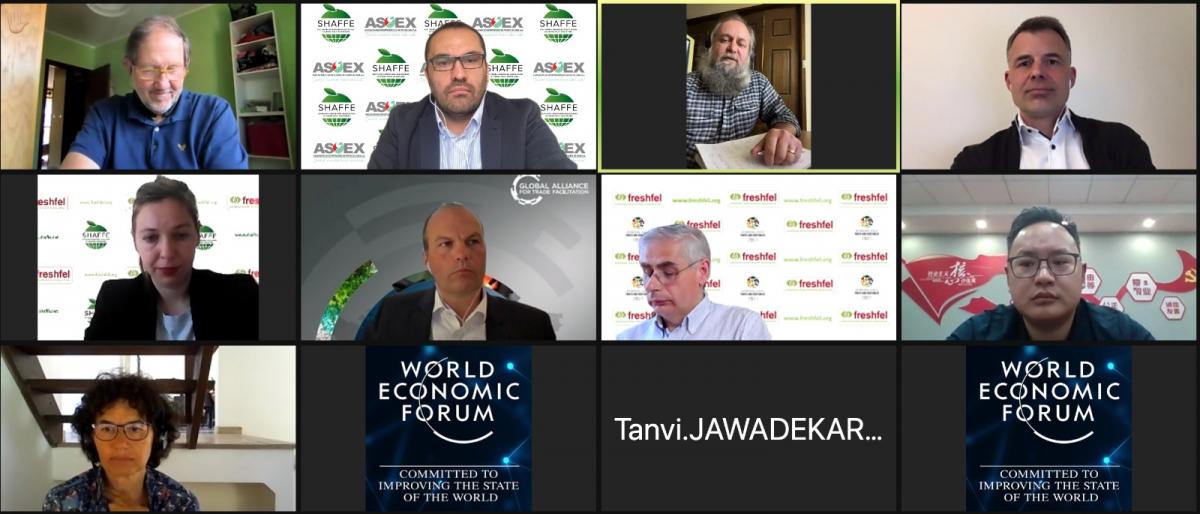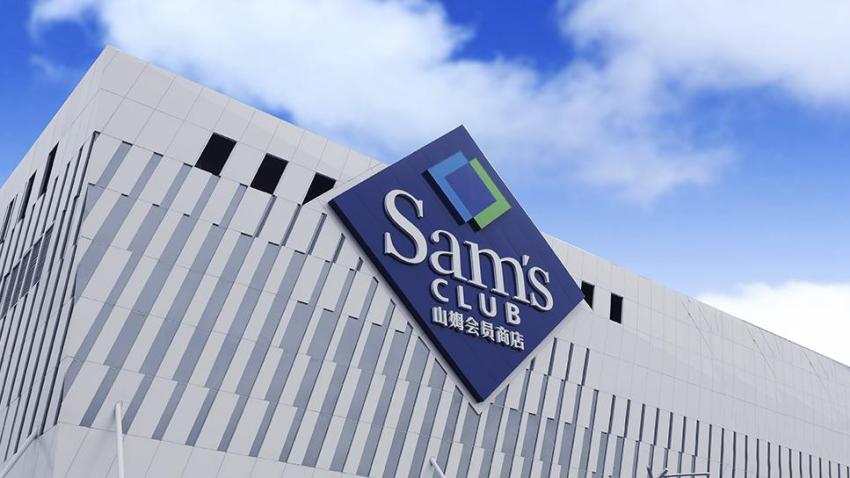You are here
Back to topProduce Industry Representatives Urge Wider Adoption of Electronic Phytosanitary Certification

In late May, the Southern Hemisphere Association of Fresh Fruit Exporters in conjunction with Freshfel Europe and the Global Alliance for Trade Facilitation held two webinars discussing the current state of play of electronic phytosanitary certificates. The focal point of the webinars, held on May 27 and May 31, was the evolution of the IPPC ePhyto Hub, a global transmission system for phytosanitary certificates that is intended to facilitate international agricultural trade and help safeguard global food security, issues that are of vital importance during the remainder of the COVID-19 pandemic and beyond.
According to a SHAFFE press release, approximately 260 participants from around the world attended the two webinars, which aimed to bridge the gap between policymakers and members of the global produce industry. The webinars were co-moderated by Philippe Isler, director of the Global Alliance for Trade Facilitation, and Nelli Hajdu, secretary general of SHAFFE, and addressed several key challenges including varying safety requirements, competition of the ePhyto Hub with bilateral channels, different speeds of onboarding and the urgency within the fruit sector to move to a completely paperless system.
Last September, the Industry Advisory Group of the IPPC ePhyto Solution called on governments around the world to support the adoption of the ePhyto system. To date, almost 50 countries have connected with the system. The recent webinars aimed to secure broader backing by focusing on three key elements:
- Creating greater global awareness of the ePhyto system as a simple, inclusive and safe transmission tool for electronic phytosanitary certificates.
- Motivating national plant protection organizations around the world to streamline their procedures and implement ePhyto as a global solution to facilitate the trade of perishable goods.
- Discussing the practical challenges associated with the implementation of ePhyto with members of the produce sector.
Brief introductions of the key objectives and points of concern for the global fruit industry with respect to the ePhyto system were presented by Charif Christian Carvajal and Marta Bentancur, SHAFFE’s president and vice president, respectively, as well as Philippe Binard, general delegate of Freshfel Europe. Further details of the status and rollout of the project were provided by Craig Fedchock, senior advisor to the IPPC ePhyto project, and Mattia Wegmann, program director at the German Alliance for Trade Facilitation.
SHAFFE Secretary General Nelli Hajdu highlighted the fragmented nature of the global fruit trade and the urgent need for electronic phytosanitary certificates. Although the global fruit sector has performed well during the COVID-19 pandemic — even increasing its value by $100 billion (+3%) according to SHAFFE — the ongoing situation has led to considerable challenges such as reduced airfreight and courier services, hindering the timely delivery of phytosanitary certificates and exposing the vulnerability of global supply chains. Although some national plant protection organizations have acted promptly, these measures have been impeded by the emergence of multiple systems, limited communication and understanding of the diverse range of national regulatory requirements for electronic certification, and varying security requirements ranging from electronic seals to QR codes.
According to Fedchock, onboarding is still in the early stages and countries will need to bolster their efforts to implement the ePhyto system as soon as possible with the help of the Global Alliance for Trade Facilitation. The alliance has reportedly successfully conducted its first onboarding project with Moroccan authorities and is now continuing with additional projects in Ecuador, Jordan, Madagascar and Senegal.
These success stories were presented in the first panel discussion on May 27 with government representatives from Argentina, Ghana and the United States. The second panel discussion on May 31 involved government representatives from Australia and the European Union in addition to Kurt Huang from FruitEase, one of China’s largest customs agents, who emphasized the need for further engagement to accelerate adoption. According to SHAFFE, the combined efforts of national plant protection organizations and industry members will be crucial for continuing the trend toward fully paperless phytosanitary processes.
Image: SHAFFE













Add new comment